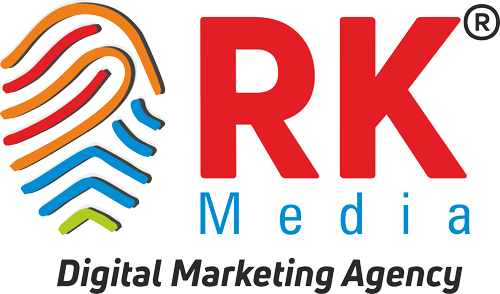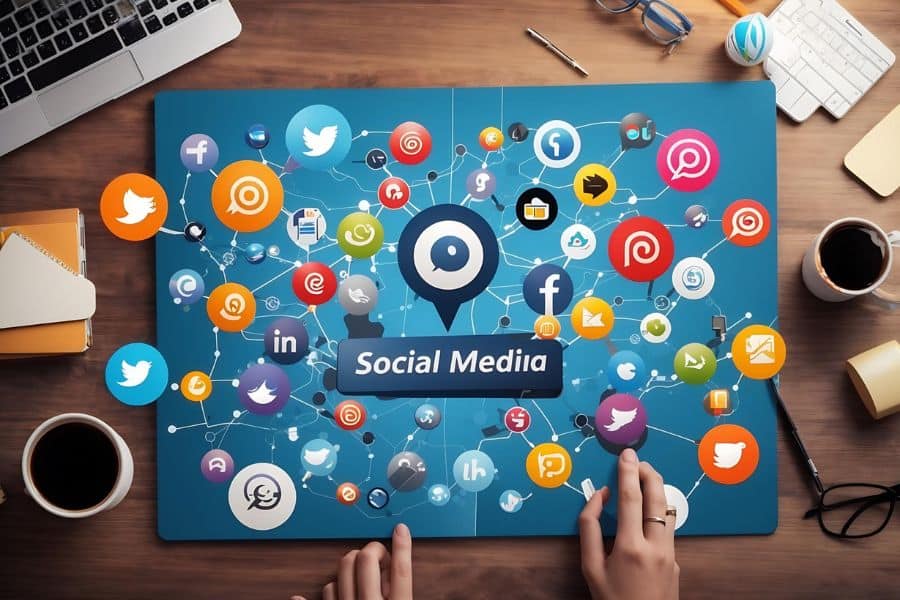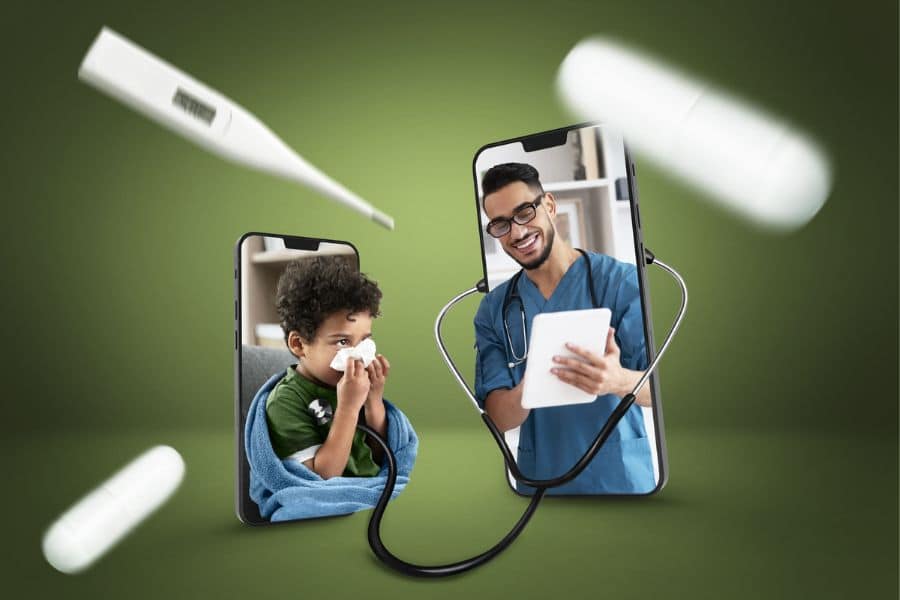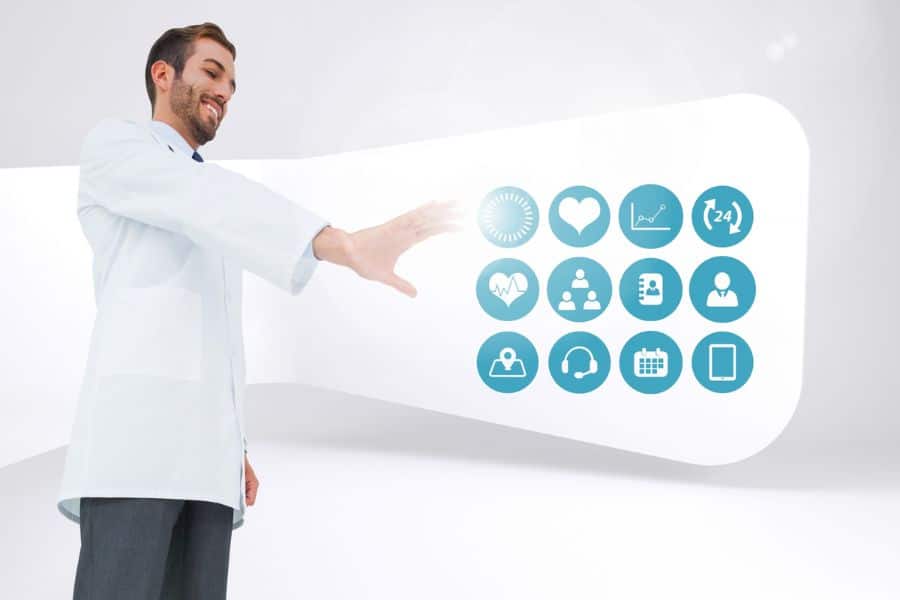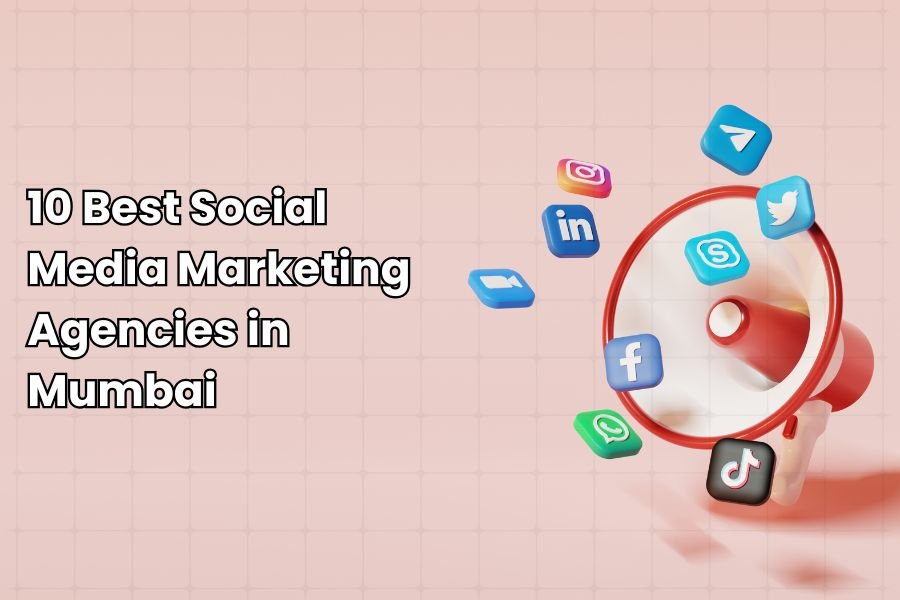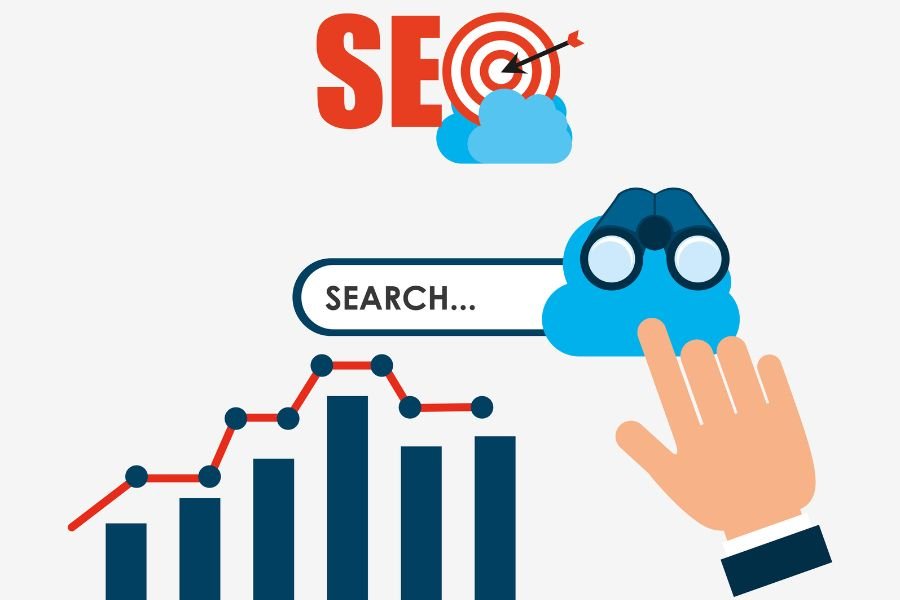Harnessing the Power of Social Media in Healthcare Marketing: Strategies, Benefits, and Best Practices
Introduction
In the rapidly evolving landscape of healthcare marketing, the integration of social media in healthcare marketing strategies has emerged as a potent force for connection, promotion, and brand awareness. With the widespread adoption of platforms like Facebook, Twitter, Instagram, and LinkedIn, healthcare organizations find themselves at the forefront of unprecedented opportunities to engage with their target audience in deeply meaningful ways.
Social media in healthcare marketing enables marketers to establish genuine, personal connections with patients, facilitating relationships while offering invaluable support and real-time information. By harnessing the power of social media, healthcare organizations can navigate the digital realm with agility and effectiveness, meeting patients where they are and delivering tailored content that resonates.
Throughout this article, we’ll delve into the transformative impact of social media in healthcare marketing, explore essential strategies for maximizing its potential, elucidate the myriad benefits for healthcare organizations, and offer actionable best practices for seamless implementation. From crafting compelling content to fostering community engagement, the strategic incorporation of social media into healthcare marketing endeavors promises to redefine patient engagement and amplify brand visibility in ways previously unimaginable
Understanding the Impact of Social Media in Healthcare Marketing
Social media platforms present an unparalleled opportunity for healthcare organizations to establish meaningful connections with their target audience at an intimate level. With billions of active users globally, platforms such as Facebook, Twitter, and Instagram serve as expansive canvases for healthcare marketers to disseminate their message in the realm of social media in healthcare marketing.
Furthermore, social media wields significant influence over consumer behavior and decision-making processes, especially as patients progressively rely on online platforms for health-related guidance and insights. By proactively engaging with patients across various social media channels, healthcare organizations can cultivate a sense of trust and credibility within the landscape of social media in healthcare marketing. Through these interactions, organizations can nurture lasting relationships, offer valuable support, and furnish pertinent information in real-time, thus leveraging the potential of social media in healthcare marketing to its fullest extent.
Key Strategies for Utilizing Social Media in Healthcare Marketing
In the realm of healthcare marketing, effective utilization of social media is paramount, demanding meticulous planning and execution. Here’s a detailed look at some pivotal strategies for harnessing the potential of social media in healthcare marketing:
Content Creation and Curation: Central to successful engagement on social media platforms is the creation and curation of compelling content tailored to the interests and needs of your target audience. Share a variety of content formats, including informative articles, insightful blog posts, and relevant research findings. Furthermore, employ captivating visuals and multimedia elements to capture attention and ignite meaningful conversations. Incorporating user-generated content and patient testimonials can further bolster trust and credibility within your online community.
Targeted Advertising and Audience Segmentation: A fundamental aspect of leveraging social media in healthcare marketing involves identifying and reaching specific demographic groups through targeted advertising campaigns. By segmenting your audience based on demographics, interests, or behavior, you can tailor your content and messaging to maximize relevance and engagement. This approach ensures that your efforts resonate with the intended audience, thereby optimizing the impact of your marketing initiatives.
Social Listening and Monitoring: In the dynamic landscape of social media, proactive listening and monitoring are indispensable tools for gaining valuable insights and feedback. Stay attuned to mentions, comments, and conversations pertaining to your brand and industry. By monitoring social media channels effectively, you can glean actionable insights to inform your marketing strategies and enhance patient satisfaction. Leveraging sentiment analysis tools and engagement metrics enables you to gauge audience sentiment and sentiment trends, facilitating informed decision-making.
Compliance and Regulatory Considerations: Given the sensitive nature of healthcare information, adherence to regulatory frameworks such as HIPAA (Health Insurance Portability and Accountability Act) is imperative when leveraging social media in healthcare marketing. Safeguard patient privacy by implementing robust policies and procedures for managing and sharing sensitive information on social platforms. Ensure that all content shared complies with HIPAA regulations and other relevant privacy guidelines, mitigating the risk of data breaches or regulatory violations. By prioritizing compliance and regulatory considerations, healthcare organizations can foster trust and maintain the integrity of their digital presence.
In essence, mastering the intricacies of social media in healthcare marketing entails a multifaceted approach encompassing content strategy, audience targeting, vigilant monitoring, and regulatory compliance. By implementing these strategies effectively, healthcare organizations can navigate the dynamic digital landscape with confidence, driving meaningful engagement and fostering lasting relationships with patients and stakeholders.
Benefits of Social Media Marketing for Healthcare Organizations
The benefits of social media marketing for healthcare organizations are numerous:
Increased Brand Visibility and Awareness: Social media provides healthcare organizations with a platform to showcase their services, expertise, and values to a wide audience. By consistently sharing valuable content and engaging with followers, organizations can increase brand visibility and awareness.
Enhanced Patient Engagement and Communication: Social media enables healthcare organizations to communicate with patients in real-time, respond to inquiries and concerns, and provide valuable health information and resources. By actively engaging with patients on social media, organizations can foster stronger relationships and improve patient satisfaction.
Improved Reputation Management and Crisis Response: Social media allows healthcare organizations to monitor and manage their online reputation effectively. By promptly addressing negative feedback and concerns, organizations can mitigate potential damage to their reputation and build trust with their audience.
Cost-Effective Marketing and Advertising Solutions: Compared to traditional marketing channels, social media offers healthcare organizations cost-effective solutions for reaching their target audience. With targeted advertising campaigns and organic content strategies, organizations can achieve significant results with minimal investment.
Opportunities for Professional Networking and Collaboration: Social media provides healthcare professionals with opportunities to connect and collaborate with colleagues, industry influencers, and thought leaders. By participating in online communities and discussions, professionals can expand their networks, share knowledge, and stay up-to-date with industry trends and developments.
Best Practices for Implementing Social Media Strategies in Healthcare Marketing
To effectively integrate social media in healthcare marketing, adherence to best practices is paramount:
Establish Clear Goals and Objectives: Begin by defining precise goals and objectives tailored to your healthcare marketing initiatives, whether it’s boosting brand awareness, driving web traffic, or generating leads. Ensure alignment with overarching business objectives to maximize impact.
Choose the Right Social Media Platforms: Identify and prioritize the social media platforms that resonate most with your target audience and industry. Concentrate efforts on platforms where audience engagement is high, optimizing for maximum impact within the healthcare sector.
Create a Consistent Brand Voice and Messaging: Maintain uniformity in brand voice and messaging across all social media channels. Develop a comprehensive style guide delineating your brand’s personality, tone, and messaging guidelines, ensuring coherence and consistency in communication efforts.
Monitor and Analyze Performance Metrics: Regularly track key performance metrics such as engagement, reach, and conversion rates to gauge the efficacy of your social media marketing endeavors. Leverage analytics tools to glean insights into audience behavior and preferences, enabling informed adjustments to strategies.
Stay Up-to-Date with Industry Trends and Changes: Stay abreast of evolving trends, technologies, and shifts in the social media landscape within the healthcare sector. Continuously monitor industry developments, participate in relevant conferences and events, and engage with industry thought leaders to remain ahead of the curve and optimize your social media strategies accordingly.
Case Studies and Examples of Successful Social Media Campaigns in Healthcare
To illustrate the effectiveness of social media marketing in healthcare, let’s take a look at some real-world examples:
Healthcare organization A: used targeted Facebook ads to promote its new telehealth services to a specific demographic group. By targeting users based on their age, location, and interests, the organization was able to reach potential patients who were likely to be interested in telehealth services. The campaign resulted in a significant increase in website traffic and appointment bookings.
Healthcare organization B: leveraged Instagram to raise awareness about breast cancer screening and prevention. The organization partnered with influencers and celebrities to share educational content, personal stories, and reminders about the importance of regular screenings. The campaign reached millions of users and generated widespread engagement and discussion around the topic of breast cancer awareness.
Challenges and Considerations in Social Media Marketing for Healthcare
In the realm of healthcare marketing, integrating social media into organizational strategies can yield significant advantages, albeit with notable challenges:
Navigating Patient Privacy and Confidentiality Concerns: Healthcare entities engaging in social media marketing must adhere rigorously to HIPAA regulations and other privacy mandates. Establishing robust protocols for handling sensitive patient data ensures compliance and safeguards confidentiality in the online sphere.
Managing Feedback and Upholding Reputation: The dynamic nature of social media exposes healthcare organizations to both positive engagement and negative criticism. Timely and tactful responses to feedback are crucial for addressing concerns and preserving online reputation. Implementing proactive strategies to manage reputation safeguards the brand’s integrity amidst potential online scrutiny.
Adhering to Regulatory Standards: Marketing efforts on social media platforms necessitate thorough adherence to regulatory frameworks, presenting a formidable challenge for healthcare entities. Staying abreast of evolving regulations and aligning marketing strategies with legal requirements are paramount to ensuring compliance and ethical practice.
Overcoming Resistance to Change: Despite the benefits, some healthcare professionals exhibit reluctance towards embracing social media, citing apprehensions about security, privacy, or technological unfamiliarity. Overcoming resistance requires concerted efforts such as comprehensive training initiatives, educational campaigns, and fostering a culture that champions the advantages of social media in healthcare marketing.
The Future of Social Media in Healthcare Marketing
As we look towards the future, the trajectory of “social media in healthcare marketing” appears incredibly promising and full of potential. Emerging trends and technologies, including but not limited to artificial intelligence, virtual reality, and chatbots, are not merely reshaping the landscape; they’re revolutionizing it, presenting fresh avenues for engagement and communication within the healthcare sector.
Healthcare organizations that actively incorporate these advancements into their strategies, effectively leveraging the power of “social media in healthcare marketing,” will undoubtedly find themselves at a competitive advantage. By embracing these innovations and remaining agile in response to evolving consumer preferences, these organizations will solidify their positions as leaders in navigating the rapidly evolving digital terrain of healthcare marketing.
Conclusion
In conclusion, As a Digital Marketing Agency, we’ve witnessed firsthand how “social media in healthcare marketing” has revolutionized the landscape, fundamentally altering how healthcare organizations connect with patients, promote services, and cultivate brand awareness. Through strategic utilization of social media platforms, healthcare entities can transcend traditional barriers, effectively reaching and engaging with their target demographics in meaningful, impactful ways. This not only enhances patient satisfaction but also propels them closer to achieving their overarching business objectives.
At RK Media, we understand the importance of adhering to best practices and staying abreast of industry trends and innovations. By doing so, healthcare organizations can optimize their social media marketing endeavors, ensuring they resonate with their audience and yield tangible, positive outcomes for both their brand and their patients. With our expertise and dedication to staying ahead of the curve, RK Media empowers healthcare clients to harness the full potential of “social media in healthcare marketing,” driving lasting success in an ever-evolving digital landscape.
FAQs (Frequently Ask Questions)
Why is social media important for healthcare marketing?
Social media offers healthcare organizations unprecedented opportunities to connect with patients, promote services, and build brand awareness. With billions of active users worldwide, platforms like Facebook, Twitter, and Instagram provide a vast audience to engage with. Moreover, social media enables real-time communication, fosters trust and credibility, and influences consumer behavior.
What are some key strategies for leveraging social media in healthcare marketing?
Effective strategies include content creation and curation, targeted advertising and audience segmentation, social listening and monitoring, and compliance with regulatory considerations such as HIPAA regulations. These strategies help healthcare organizations reach their target audience, engage effectively, and maintain compliance with industry standards.
What are the benefits of social media marketing for healthcare organizations?
Benefits include increased brand visibility and awareness, enhanced patient engagement and communication, improved reputation management and crisis response, cost-effective marketing and advertising solutions, and opportunities for professional networking and collaboration. Social media in healthcare organizations to showcase their services, interact with patients, manage their reputation, and connect with industry influencers.
What are the best practices for implementing social media strategies in healthcare marketing?
Best practices include establishing clear goals and objectives, choosing the right social media platforms, creating a consistent brand voice and messaging, monitoring and analyzing performance metrics, and staying up-to-date with industry trends and changes. These practices ensure that healthcare organizations effectively leverage social media to achieve their marketing goals and objectives.
Can you provide examples of successful social media campaigns in healthcare?
Examples include social media in healthcare marketing using targeted Facebook ads to promote telehealth services and leveraging Instagram to raise awareness about breast cancer screening and prevention. These campaigns effectively reached their target audience, generated engagement, and contributed to achieving specific marketing objectives.
Image Reference: Freepik
Disclaimer: All trademarks, logos, and brand names are the property of their respective owners. All company, product, and service names used in this website are for identification purposes only. Use of these names, trademarks, and brands does not imply endorsement.
